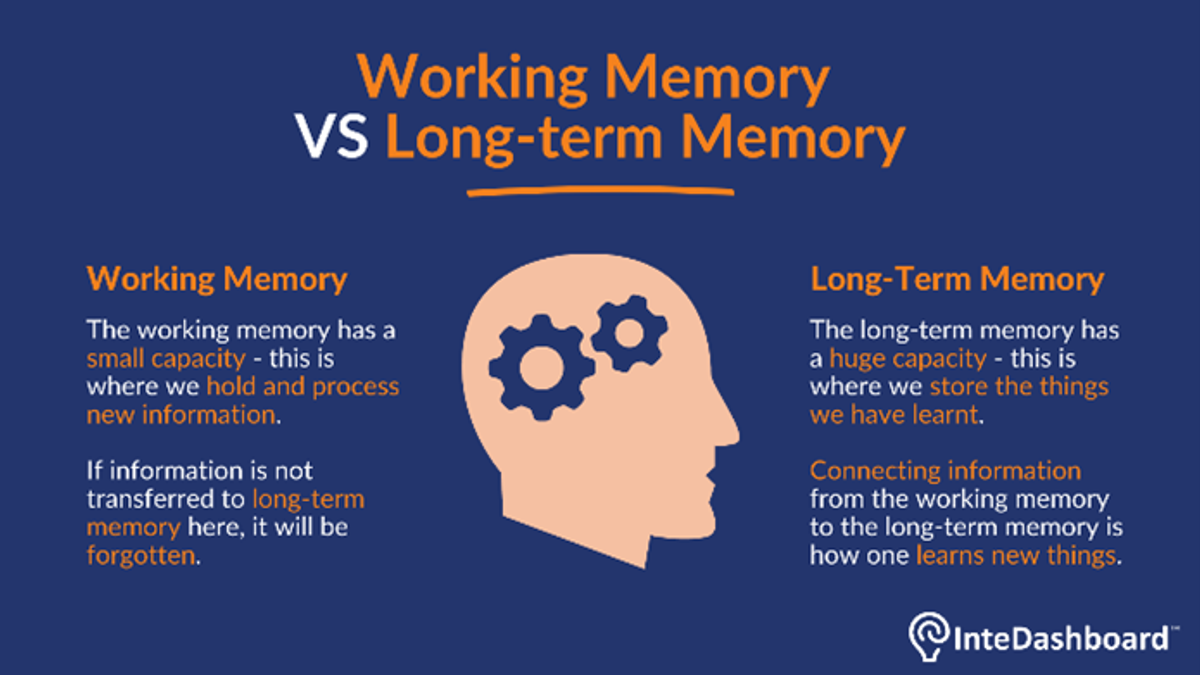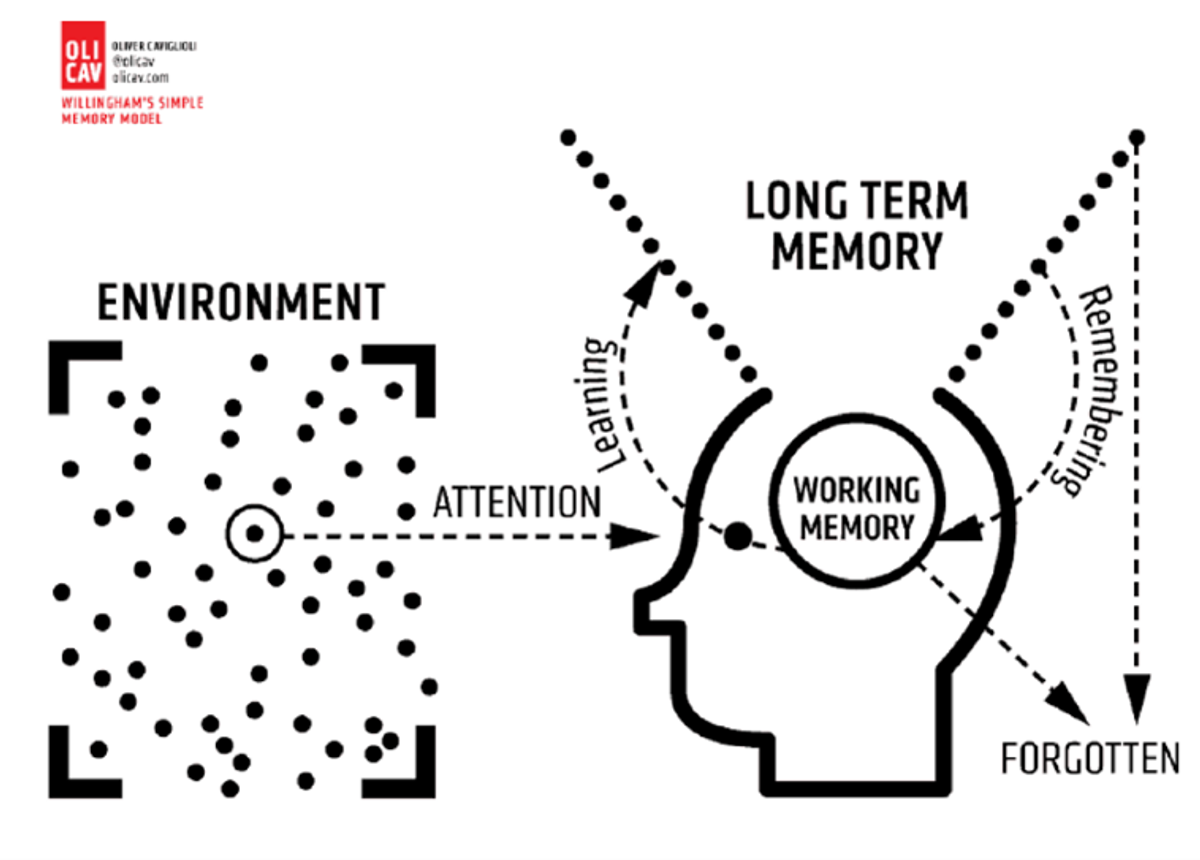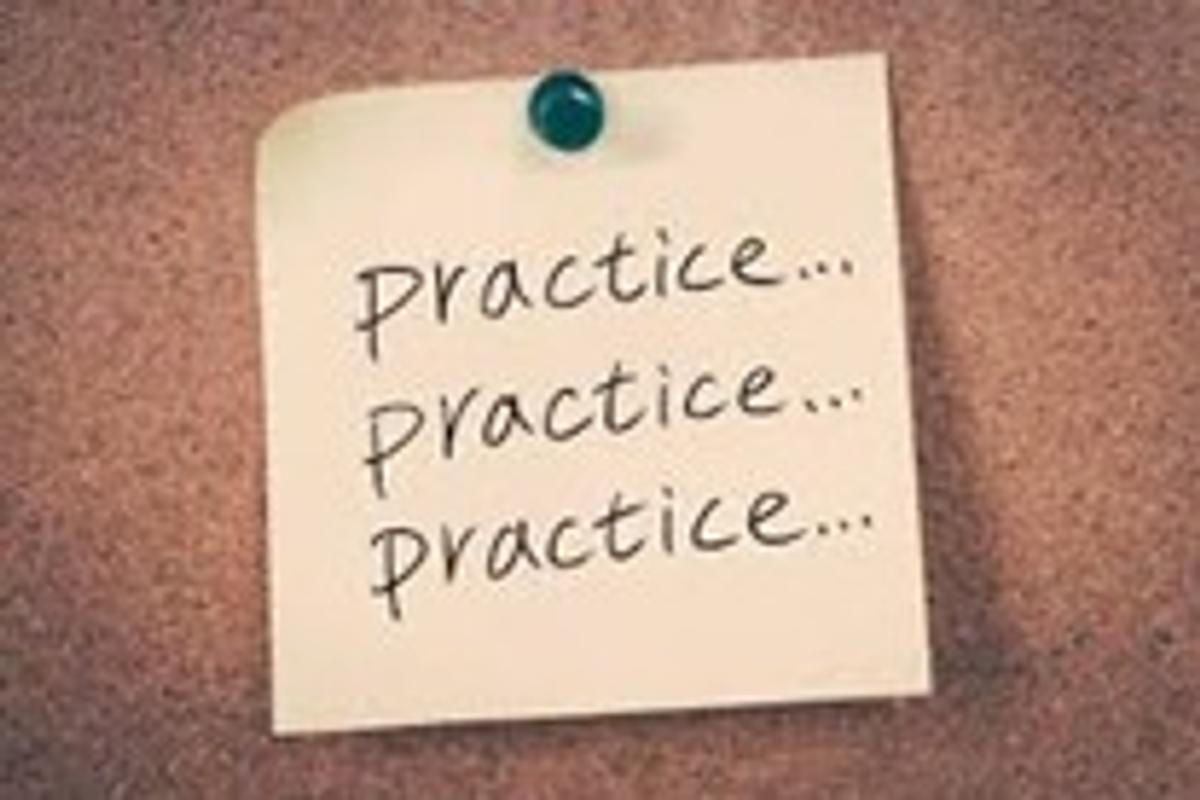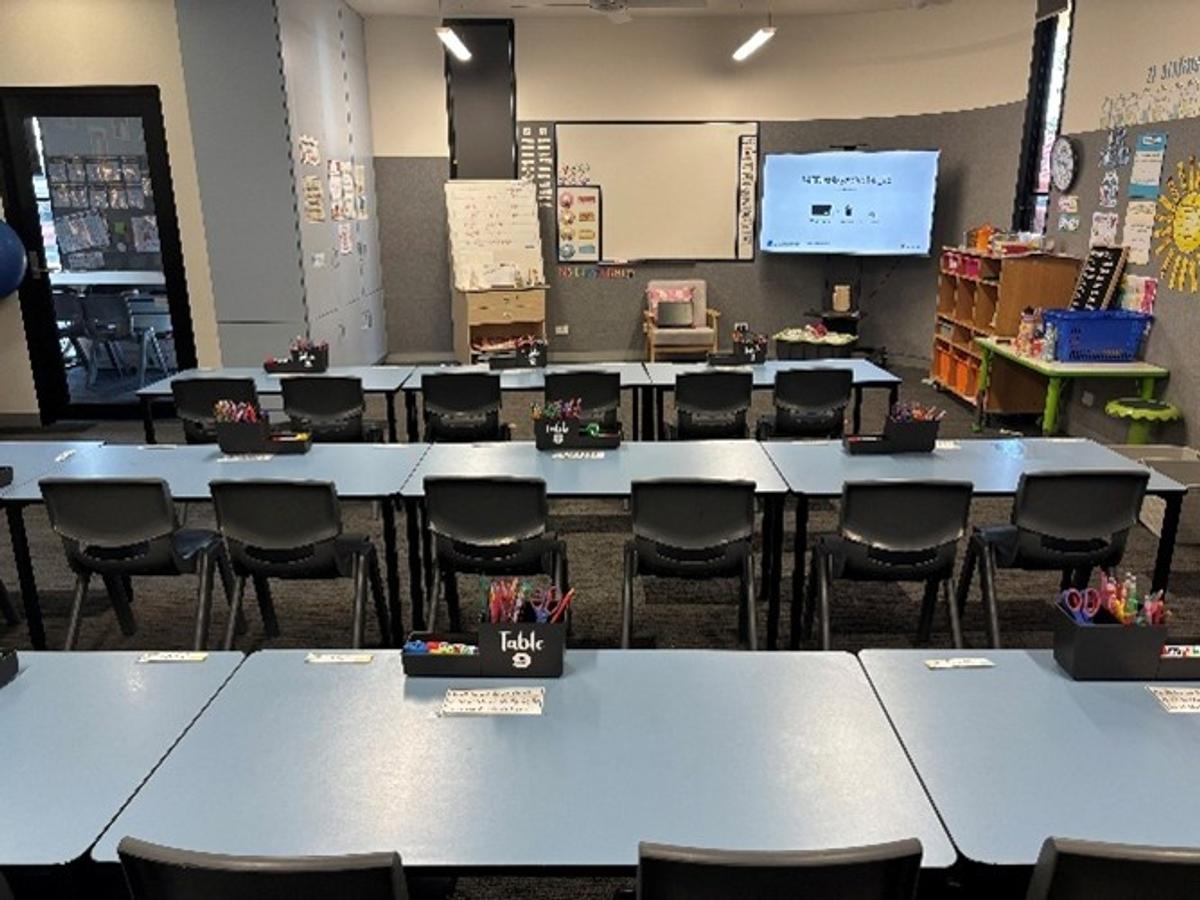Topic Spotlight
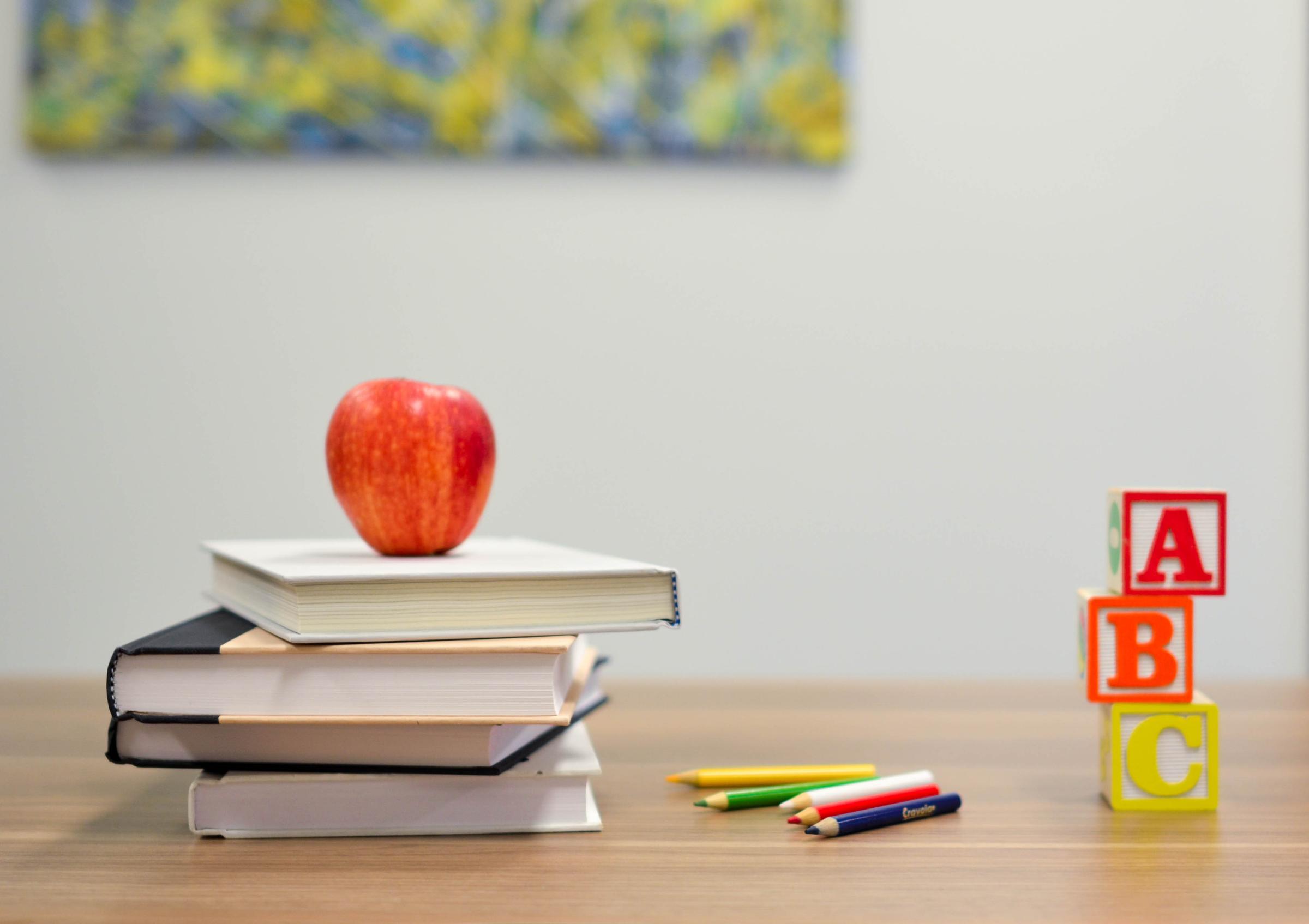
Cognitive Load Theory
Welcome to this edition of our Topic Spotlight series on Teaching & Learning and Wellbeing at Beaumaris Primary School.
Cognitive Load Theory (CLT) has been described as “the single most important thing for teachers to know” (Wiliam, 2017). But what exactly is Cognitive Load Theory, and why is it so important to the learning and wellbeing of our students at Beaumaris Primary School?
Developed by Australian educational psychologist John Sweller in 1988, CLT helps us understand how learning occurs in the brain. Put simply, our working memory—the part of the brain responsible for processing new information—can only hold a limited amount at any given time. As noted by the Australian Educational Research Organisation (AERO) (2023), “learners can experience cognitive overload and have trouble retaining and recalling their learning when the limits of working memory are exceeded” (p. 2). CLT was developed with the primary aim of improving instructional practice (Lovell, 2020). A deep understanding of CLT enables us, as educators, to design learning environments, routines, and experiences that optimise students’ cognitive load, supporting more effective, equitable, and sustainable learning.
According to AERO (2023), when students are introduced to new or complex material, they learn most effectively through explicit, teacher-led instruction. This approach involves breaking learning into manageable steps, providing clear and concise explanations, offering worked examples, and facilitating guided practice. These strategies help to minimise unnecessary cognitive load, allowing students to focus on the most important and relevant content. As students develop from novice to expert learners, they require less support and are increasingly able to apply their knowledge and engage in more complex tasks.
Cognitive Load Theory reminds us that learning requires time and repetition. Under the right conditions and with sufficient practice, information can transfer from working memory into long-term memory – “an unlimited internal store of information” (Lovell, 2020, p.6). To fully harness the vast capacity of long-term memory, information must be gradually transferred between working and long-term memory and retrieved at regular intervals to support long-term retention (AERO, 2023). Without adequate practice, there is a risk that skills or concepts may be forgotten. Families can support this process at home by praising incremental effort, breaking tasks into smaller, manageable steps, and encouraging repetition and consistent practice.
At Beaumaris Primary School, our emphasis on calm classrooms and consistent routines is intentional and grounded in CLT. Predictable environments help reduce unnecessary mental effort, allowing students to direct their thinking towards learning. For example, knowing what to do upon entering the classroom enables students to settle quickly and focus. As AERO (2023, p. 4) notes, “visual and auditory distractions may occupy the mental space of students’ working memory,” making it essential that we create learning-focused environments free from unnecessary distractions to support student engagement and success.
Cognitive Load Theory underpins the Victorian Teaching and Learning Model (VTLM) 2.0, which all Victorian government schools are required to implement. Our BPS staff are committed to embedding VTLM 2.0 with a deep understanding of how the brain learns best. Together, we are creating classrooms where all of our wonderful students have the best opportunity to learn, grow, and thrive.
Coming next newsletter…Whole School and Classroom Routines at Beaumaris Primary School.
References
Australian Education Research Organisation. (2023). Managing cognitive load optimises learning: Explainer. https://www.edresearch.edu.au/sites/default/files/2023-11/managing-cognitive-load-optimises-learning-aa.pdf
Lovell, J. (2020). Sweller’s Cognitive Load Theory in Action. John Catt Educational.
Wiliam, D. [@dylanwiliam]. (2017, January 26). I've come to the conclusion Sweller's Cognitive Load Theory is the single most important thing for teachers to know [Tweet]. X. https://bit.ly/2kouLOq

